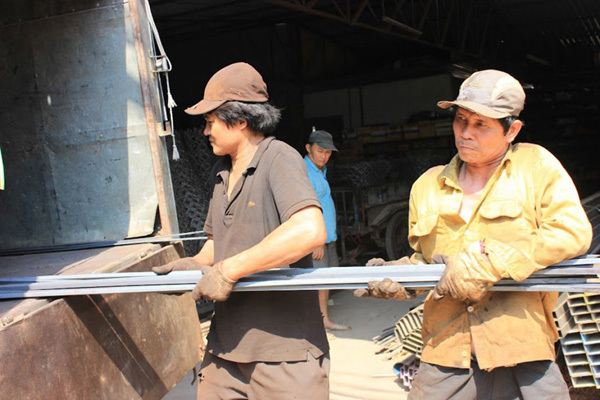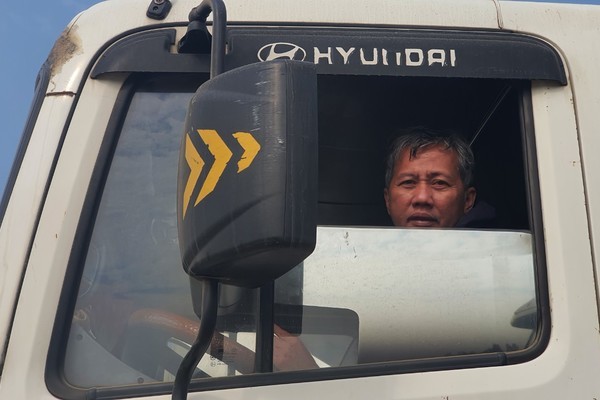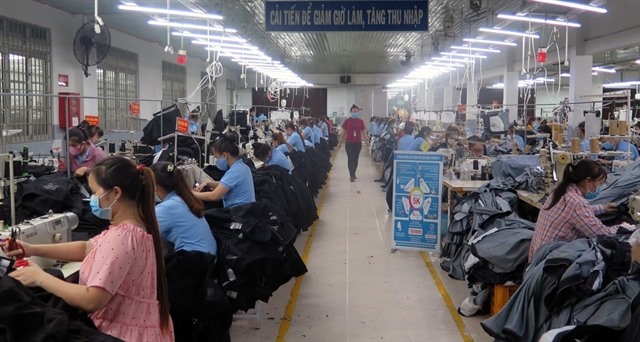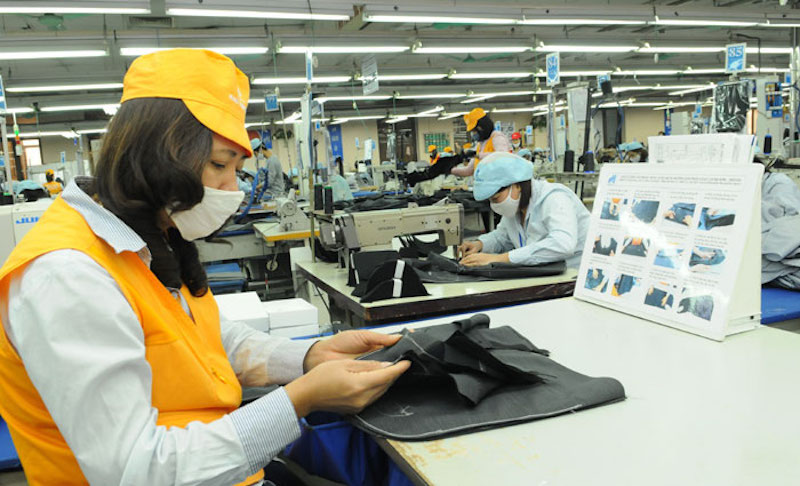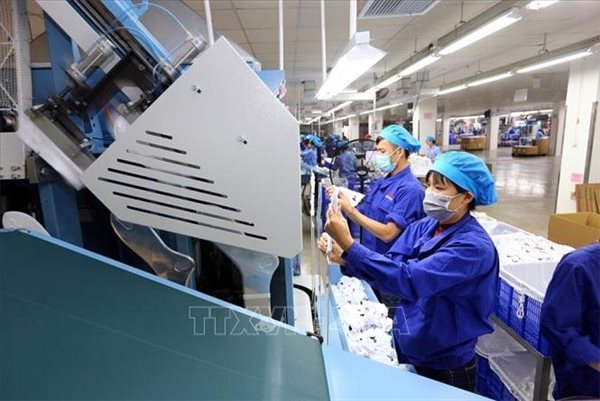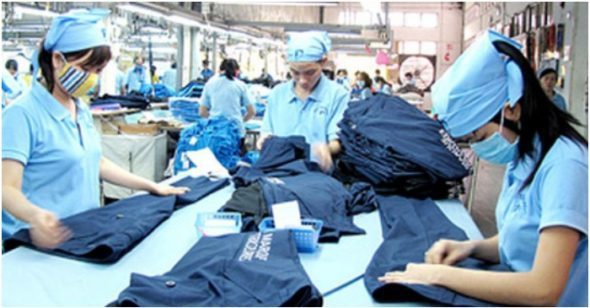- © Copyright of Vietnamnet Global.
- Tel: 024 3772 7988 Fax: (024) 37722734
- Email: [email protected]
labor market
Update news labor market
Labour market recovery looks toward flexible, safe adaptation
Although it is put under control, the fourth wave of the COVID-19 pandemic has hit all aspects of the social life, seriously affecting businesses and people.
Employers report steady and strong hiring outlook for H1
International and local employers in various sectors across Vietnam are expecting a boost in hiring in the first two quarters of 2022 as the economy is gradually recovering,
Some 1.3 million Vietnamese workers to lose jobs in 2022: ILO
The International Labor Organization has downgraded its forecast for the recovery of Vietnam’s labor market in 2022, predicting the number of unemployed laborers in the nation in 2022 to be some 1.3 million, compared to nearly 1.2 million in 2021.
Millions of people unemployed, lowest income in years
Data released recently by the General Statistics Office shows that in 2021 the average monthly income of workers in Vietnam was 5.7 million VND, down 32,000 VND compared to 2020.
Labor market becomes vibrant again
After the fourth Covid-19 pandemic, more than 1.3 million workers have returned to work in Ho Chi Minh City.
Salary increase in 2021 lowest in last decade
Salary increases at multinational companies this year are expected to be marginally down from 2020 and rise slightly next year.
Workers’ incomes reduce remarkably due to COVID-19 pandemic in Q3
The average monthly income of workers in most economic sectors in the third quarter declined compared to the previous quarter and the same period last year, according to the General Statistics Office (GSO).
COVID stalls personnel hiring, but demand set to zoom: employment firm
Insurance, banking and securities are among the industries with the highest hiring needs in the third quarter of the year, according to job services provider Navigos Group.
Vietnam expects to send 90,000 laborers overseas in 2021
Vietnamese labor export firms are working hard to find more contracts and markets.
HCMC sets target of creating 140,00 new jobs in 2021
Ho Chi Minh City authorities have set a target of creating 140,000 new jobs in 2021, according to the city Department of Labor, Invalids and Social Affairs’ plan for the year.
Vietnam recruitment demand surges in 1H 2021
Strongest recruitment plans for the next three to six months are seen in manufacturing and processing and construction sectors.
Occupational training goes hand in hand with labour market
 Truong Anh Dung, directorate of Vocational Education and Training Department under the Ministry of Labour, Invalids and Social Affairs, talks on his department’s resolve to create a diverse occupational education network to meet labour market needs.
Truong Anh Dung, directorate of Vocational Education and Training Department under the Ministry of Labour, Invalids and Social Affairs, talks on his department’s resolve to create a diverse occupational education network to meet labour market needs.
Vietnam’s labor market: opportunities as well as challenges
 The ASEAN Economic Community (AEC) and FTAs have brought more job opportunities to workers but also challenges as Vietnamese workers will have to compete with international staff in the home market.
The ASEAN Economic Community (AEC) and FTAs have brought more job opportunities to workers but also challenges as Vietnamese workers will have to compete with international staff in the home market.
Employee recruitment in Vietnam to pick up strongly post-COVID
 Worker demand is expected to soar after COVID-19. Businesses will expand recruitment activities as they need workers to revive production and grab opportunities from investors' relocation moves.
Worker demand is expected to soar after COVID-19. Businesses will expand recruitment activities as they need workers to revive production and grab opportunities from investors' relocation moves.
Labor market freezes due to Covid-19
 Large companies are not recruiting workers, while small and medium enterprises (SMEs) are laying off workers as they cannot maintain a big staff during the Covid-19 crisis.
Large companies are not recruiting workers, while small and medium enterprises (SMEs) are laying off workers as they cannot maintain a big staff during the Covid-19 crisis.
Companies hunt for qualified technical workers at year-end period
 Usually, in the last months of the year, most companies hunt for well-trained workforce in the fields of technology, electronics, mechanics to meet production demand in the year-end.
Usually, in the last months of the year, most companies hunt for well-trained workforce in the fields of technology, electronics, mechanics to meet production demand in the year-end.
The new world of work
 Many young Vietnamese have foregone the 9 to 5 routine and chosen to work in alternative types of employment.
Many young Vietnamese have foregone the 9 to 5 routine and chosen to work in alternative types of employment.
50% of workers oppose raising retirement age: survey
 Policymakers amending the Labor Code want to lift the retirement age but a survey has found that 50.7 percent of polled workers oppose the idea.
Policymakers amending the Labor Code want to lift the retirement age but a survey has found that 50.7 percent of polled workers oppose the idea.
Right person, right job
Both recruitment startups and leading head-hunters in Vietnam have been eagerly investing in technologies to improve the employment process.
Contemporary traits
Talentnet’s latest research reveals the attitudes of the new breed of managers emerging in the modern world of business.


